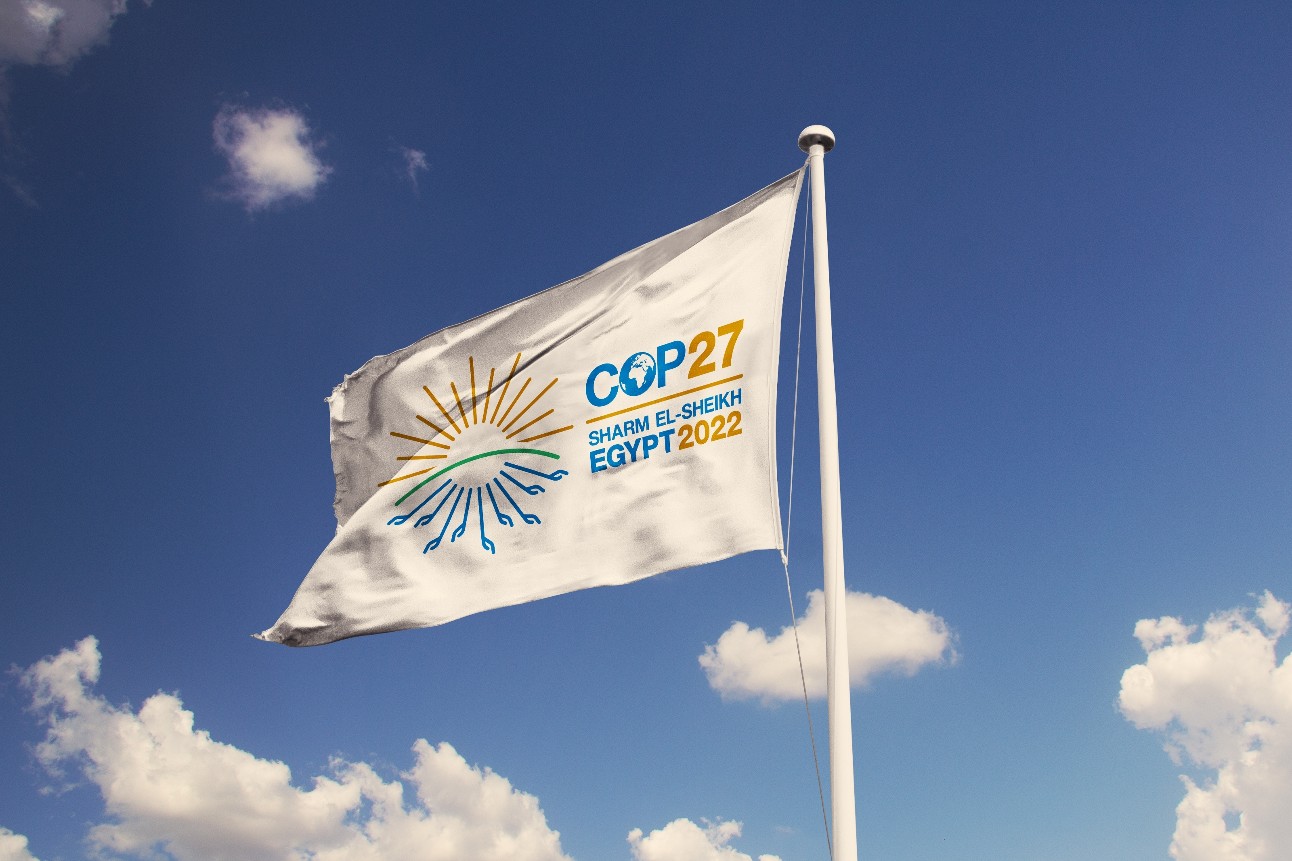One day after the confirmation that Brazil’s President-elect Luiz Inácio Lula da Silva (Workers’ Party – PT, left) will attend the next United Nations Climate Change Conference, the COP27, the Brazilian Forum of NGOs and Social Movements for Environment and Development (FBOMS) sent a letter to the President-elect asking him to put Brazil back at the center of the global climate negotiations.
Da Silva’s participation in the conference, which takes place from November 6 to 18 in Egypt, was confirmed on Tuesday (November 1) by the president of the PT, Gleisi Hoffmann.
The invitation to the Brazilian was made by the Egyptian president himself, Abdel Fatah al-Sissi, who will receive more than 90 heads of state in the city of Sharm el-Sheikh.
Among the participants will be the presidents of the United States, Joe Biden, and France, Emmanuel Macron.

On the eve of COP27, the letter from FBOMS asks Lula da Silva to signal Brazil’s willingness to host the climate summit in 2025.
According to the rotation system applied in the choice of the host country, Latin America and the Caribbean should host the event in three years.
“Our (proposed) expectation is that your government, from now on, signals Brazil’s willingness to host COP30 in 2025 as a political act of commitment to our significant contribution to global efforts to tackle the climate crisis,” says an excerpt from the forum’s letter, addressed on Wednesday to both da Silva and his vice president, Geraldo Alckmin.
“In the multilateral climate change regime, Brazil can and must recover its leadership role,” says another part of the document.
Brazil was supposed to host COP25 in 2019, but the government of Jair Bolsonaro, then newly elected and in transition, withdrew the offer, citing budget constraints.
“Given the current fiscal and budgetary constraints, which are expected to remain in the near future, and the transition process for the newly elected administration, to be initiated on January 1, 2019, the Brazilian government was forced to withdraw its offer to host COP25,” said a note from Itamaraty sent to the G1 portal in November 2018.
Faced with setbacks in environmental policy since 2019, climate agreement expert and FBOMS member Rubens Born, one of the letter’s authors, explains that the document calls attention to the urgency of the Lula da Silva government to change the image of Brazil as an “environmental pariah.”
“We need to signal to the international community that, although we have many problems to solve in the environmental area, Brazil is willing to do its part. Hosting the COP in 2025 is to say that we will cooperate again and do our best to convert the rates of deforestation and fires in the next three years,” says Born.
BRAZIL BACK ON THE NEGOTIATING TABLE
The Brazilian Forum also asks that representatives of Lula da Silva’s government transition team participate in other international summits and treaties on the environment that will take place later this year and that have been put aside by Brazil since 2019 when Bolsonaro assumed the presidency.
The letter highlights the Convention on Biological Diversity, COP15, which will take place from December 5 to 17 in Canada, stating that Brazil, “for housing an expressive diversity of species and ecosystems,” “has the duty and privilege to contribute to life on the planet,” and therefore should return to have significant participation in global negotiations on biodiversity.
Although the biodiversity conference does not get as much attention worldwide as the Climate Conference, COP15 is extremely important for Brazil due to the deforestation figures in all biomes, from the Amazon to the Cerrado.
The document also suggests that the transition government actively participates in the first round of negotiations of an international treaty on plastics, which will take place at the end of November in Uruguay, recommending that the country submit commitments to manage the use and final destination of plastic waste.
DEMOCRACY AND THE ENVIRONMENT
The letter also addresses the importance of Brazil resuming councils and spaces for civil society participation in issues related to the environment, in addition to ratifying the Escazú Agreement, a regional agreement on Access to Information, Public Participation, and Access to Justice in Environmental Matters in Latin America and the Caribbean.
Brazil is one of the countries where environmental and indigenous rights defenders are murdered the most. We need to go back to guaranteeing access to information and protecting those who work with environmental issues,” says Born.
With information from Carta Capital

